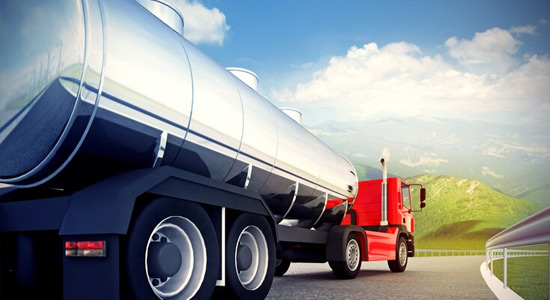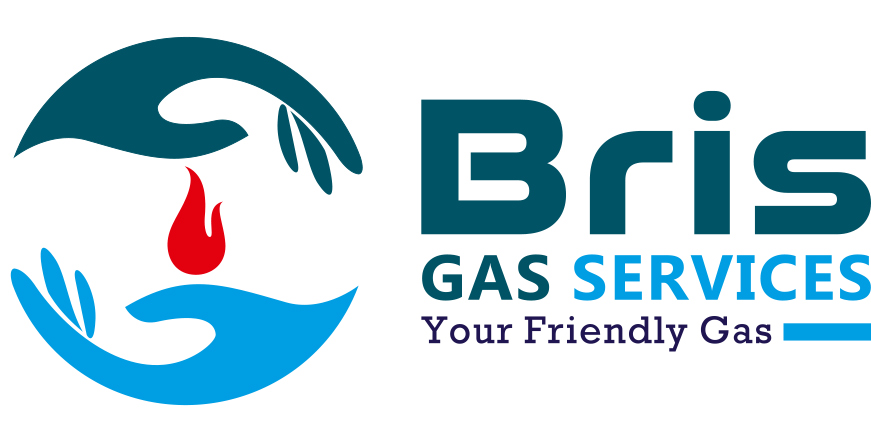As a comprehensive gas services provider, we also specialize in the supply of Liquefied Petroleum Gas (LPG). Our commitment to quality extends to the sourcing and distribution of LPG, ensuring a reliable and safe supply for residential, commercial, and industrial needs. aspect of underground gas systems with precision, ensuring long-term sustainability and safety.
The supply of LPG (liquefied petroleum gas) involves a complex logistical process to ensure safe and consistent delivery to end-users. This process starts with the extraction and refining of natural gas or crude oil to produce LPG, which is then stored in large pressurized tanks. From these storage facilities, LPG is transported via pipelines, rail, road tankers, or ships to distribution centers and retail outlets. At these centers, LPG is either stored in bulk tanks for direct delivery to large consumers or filled into smaller cylinders for residential and small commercial users. The supply chain must adhere to stringent safety standards and regulatory requirements to prevent leaks, spills, and other hazards associated with handling and transporting pressurized gas.

Efficient distribution of LPG to end-users requires a well-coordinated network of suppliers, distributors, and retailers. Distributors manage the delivery schedules, ensuring timely and reliable supply to meet the demand of various consumers. Residential users typically receive LPG in cylinders, which are replaced or refilled regularly, while industrial and commercial users may have bulk supply systems with on-site storage tanks. Safety is a paramount concern throughout the supply chain, necessitating regular inspections, maintenance of equipment, and training for personnel involved in the handling and delivery of LPG. Additionally, advances in technology, such as telemetry systems, allow for remote monitoring of gas levels in storage tanks, facilitating more efficient and responsive supply management.
